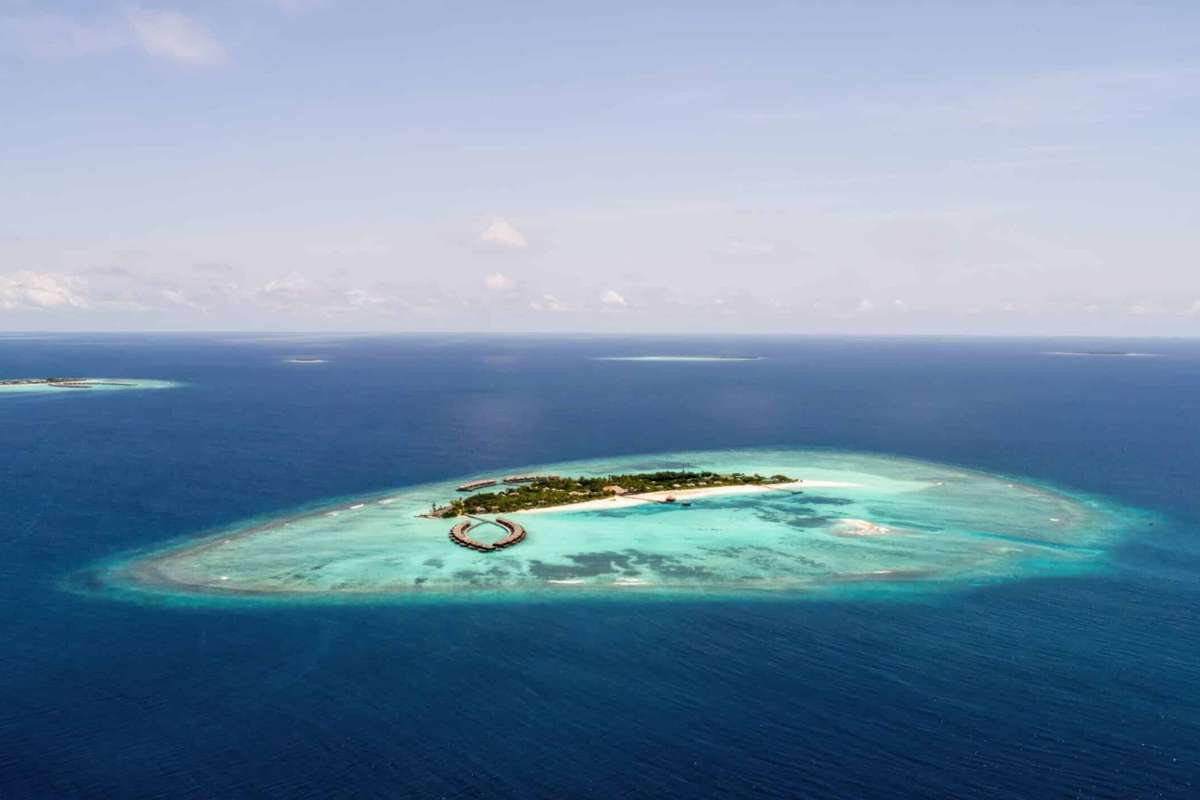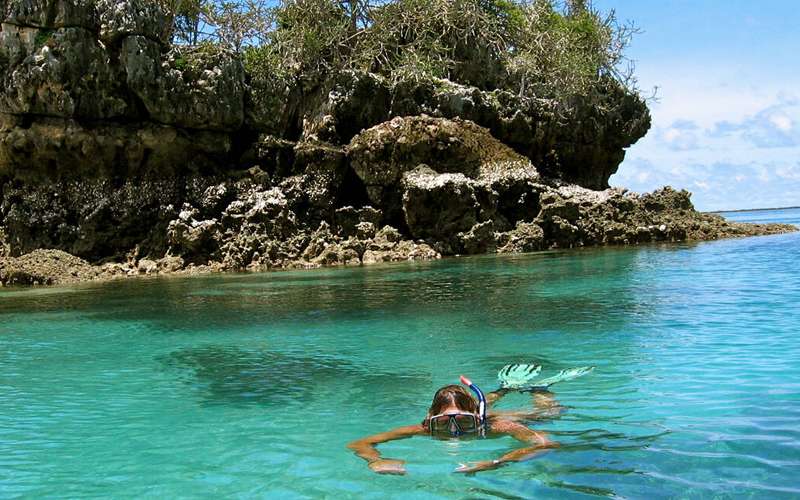Eco-Tourism Initiative Tanzania Coastal Regions 2024
Tanzania’s coastal regions have long been celebrated for their pristine beaches, vibrant marine life, and cultural heritage. In 2024, a groundbreaking eco-tourism initiative was introduced to promote sustainable travel while preserving the natural and cultural treasures of the country’s coastline. This initiative, backed by local communities and international organizations, is set to redefine how tourism contributes to environmental conservation and community development.
What is the Eco-Tourism Initiative?
The new eco-tourism program aims to integrate sustainable practices into Tanzania’s coastal tourism sector. The initiative focuses on minimizing the environmental footprint of tourism, supporting local economies, and safeguarding the fragile ecosystems along the Indian Ocean.
Key components of the initiative include:
- Sustainable Accommodation: Eco-friendly lodges and resorts designed with renewable energy and waste management systems.
- Community Involvement: Training and employment for locals as guides, artisans, and hospitality staff to ensure the benefits of tourism remain in the region.
- Conservation Projects: Marine and terrestrial conservation programs, including coral reef restoration, mangrove reforestation, and wildlife protection efforts.
Why Focus on Tanzania’s Coastal Regions?
Tanzania’s coastline stretches over 1,400 kilometers and features world-renowned destinations like Zanzibar, Mafia Island, and Pangani. These areas are rich in biodiversity but face increasing threats from climate change, overfishing, and unregulated tourism. The eco-tourism initiative seeks to address these challenges while enhancing visitor experiences.
Targeted Coastal Destinations
- Zanzibar Archipelago
Famous for its white-sand beaches, turquoise waters, and historical Stone Town, Zanzibar is a key focus of the initiative. Eco-lodges here now offer activities like reef-safe snorkeling, guided mangrove tours, and cultural experiences with local villages. - Mafia Island
A hotspot for marine biodiversity, Mafia Island is home to the Mafia Island Marine Park. Conservation efforts include sustainable diving tours and whale shark conservation programs, creating a model for low-impact tourism. - Pangani
This quiet coastal town is gaining recognition for its cultural heritage and untouched beaches. The initiative supports the development of community-led homestays and Swahili cultural experiences.
Eco-Friendly Activities to Experience
The initiative encourages tourists to engage in activities that are both enriching and sustainable, such as:
- Snorkeling and Diving: Explore coral reefs with operators who follow reef-safe practices.
- Dhow Sailing: Embark on traditional wooden boat trips while learning about the region’s fishing history.
- Mangrove Tours: Discover the importance of mangroves in combating coastal erosion and supporting marine life.
- Cultural Tours: Experience the traditions of Swahili culture, including local crafts, music, and cuisine.
Benefits for Local Communities
One of the most significant aspects of the initiative is its emphasis on empowering local communities. Key benefits include:
- Job Creation: From eco-guides to hospitality roles, the program creates employment opportunities.
- Cultural Preservation: Encouraging tourists to participate in cultural experiences helps preserve traditions.
- Revenue Sharing: A portion of tourism income is reinvested into community projects like schools and health clinics.
Environmental Impact
The initiative addresses pressing environmental concerns along Tanzania’s coast. Efforts include:
- Coral Reef Protection: Restricting damaging activities and promoting coral nurseries to rehabilitate degraded reefs.
- Plastic Waste Management: Encouraging plastic-free zones and introducing recycling programs.
- Renewable Energy Use: Many participating lodges and hotels now operate using solar and wind energy.
Tourism Trends in 2024
Tanzania is witnessing a surge in demand for eco-conscious travel options. Travelers are increasingly drawn to destinations that prioritize sustainability, and Tanzania’s coastal regions are perfectly positioned to cater to this trend.
How Tourists Can Contribute
Visitors can support the initiative by:
- Choosing Eco-Certified Accommodation: Stay at lodges and hotels participating in the program.
- Respecting Nature: Follow guidelines to avoid damaging coral reefs, mangroves, or other ecosystems.
- Shopping Locally: Purchase handmade crafts and goods directly from local artisans.
Challenges and Future Goals
While the initiative has been met with enthusiasm, challenges remain:
- Education: Ensuring all stakeholders understand the importance of sustainability.
- Infrastructure: Expanding access to eco-friendly facilities in remote coastal areas.
Future goals include expanding the program to more regions, establishing stricter eco-certification standards, and enhancing international collaboration.
Why This Matters
The new eco-tourism initiative is more than just a travel trend—it’s a pathway to preserving Tanzania’s coastal heritage for generations to come. By aligning conservation with tourism, the program ensures that the beauty and culture of Tanzania’s coast can be enjoyed responsibly.
Plan Your Eco-Tourism Adventure
2024 is the perfect year to explore Tanzania’s coast with a new perspective. Whether you’re diving into Mafia Island’s marine wonders or soaking up Zanzibar’s cultural vibrance, your visit can make a positive impact.
FAQs
1. What is the focus of Tanzania’s eco-tourism initiative?
The initiative focuses on sustainable travel, conservation, and community empowerment in coastal regions.
2. Which coastal destinations are part of the initiative?
Key destinations include Zanzibar, Mafia Island, and Pangani.
3. How does the initiative benefit local communities?
It creates jobs, preserves cultural heritage, and reinvests tourism income into community projects.
4. What eco-friendly activities are available for tourists?
Activities include reef-safe snorkeling, mangrove tours, dhow sailing, and cultural experiences.
5. How can tourists support the initiative?
Visitors can choose eco-certified accommodation, respect nature, and support local businesses.
Create Lasting Memories in Tanzania!
Visit our pages to explore:
- Tanzania Family Safari
- Tanzania Honeymoon Safari
- Tanzania Safari Adventures
- Tanzania Walking Safari
- Terms and Conditions
- Zanzibar Vacation
- Maasai Village Experience
Start planning your unforgettable journey today on our website!




